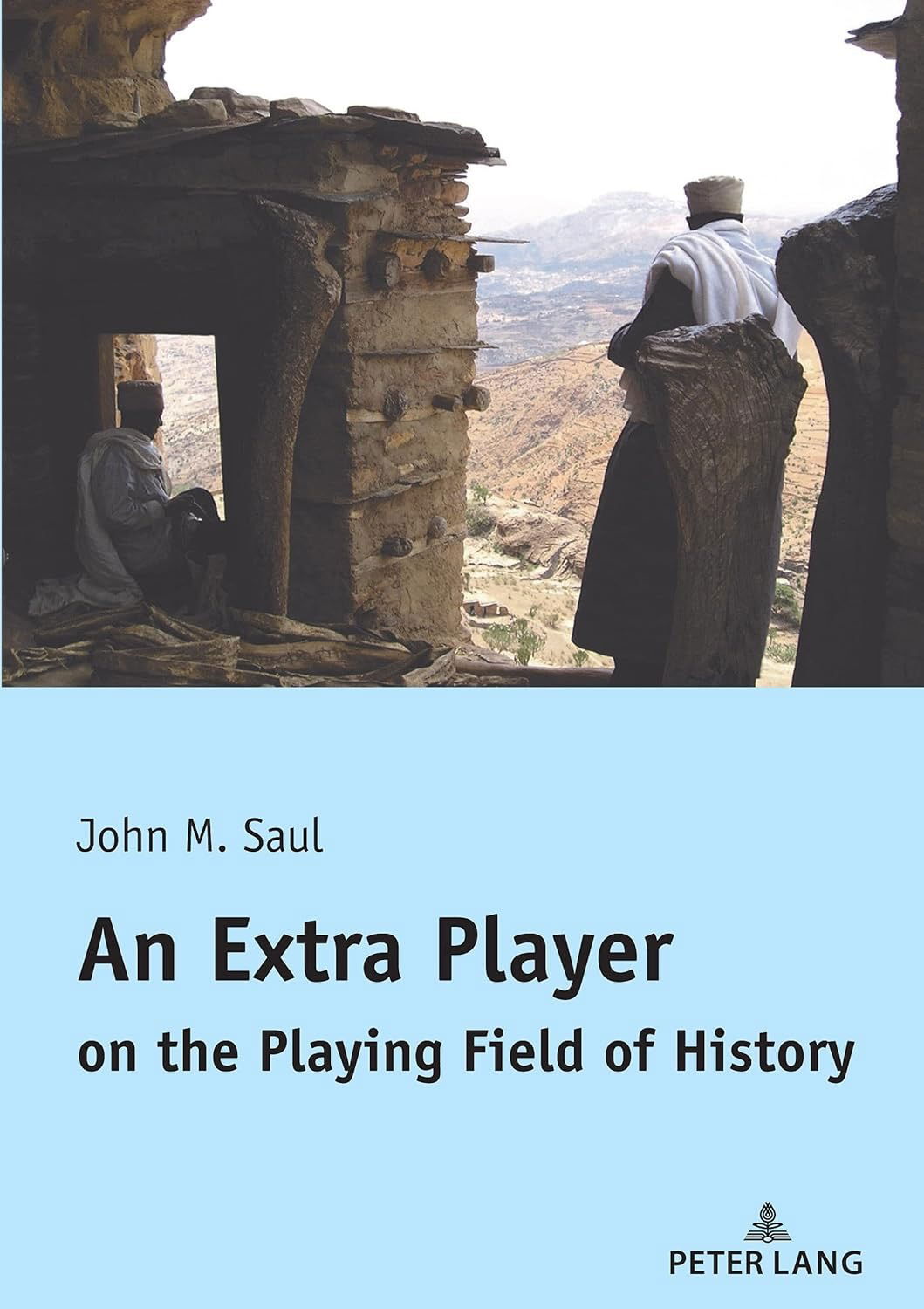An Extra Player on the Playing Field of History

This book is by my Rennes researcher friend John Saul. The book is about;
...the framework of Kingship and the origin of legitimate rule from their beginnings in Mesopotamia into Old and New Testament times, and from the Merovingian kings of France into later underground traditions. Their legacy is the story of an inherently Royal bloodline, of the Grail, and of its dedicated Keepers.
Here is an excerpt;
" .... in Court-Circuit, de Chérisey, who read English, (or perhaps Rouelle) specifically mentions that the English edition of Holy Blood, Holy Grail was known to him. Indeed, on page 64-65 of Court-Circuit, de Chérisey (or Rouelle) obscurely specifies that the English book "has two page 17s, one of which does not exist". These confounding words were clearly contrived to alert readers to something or other, because page 17 of Court-Circuit itself had been left blank.
The conversation between the two men drones on and on, and on and on some more, with many references to Rennes-le-Château, to the date January 17, and to other matters, many of which almost seem to have been chosen for their obscurity. Finally, around pages 103-109 (depending on the version of the typescript), one of the protagonists expresses the long-suffering reader's own feelings, and accuses the other of trying to squeeze absolutely everything under the sun into this one story focused on Rennes -the castle. Yet instead of denying it, the others agree! He then insists that eventually we are going to discover "the knowledge hidden at Rennes and concealed elsewhere as well" and we are then going to find out that "the story is in no sense limited to the Catholic country of France" . "I am completely convinced that the matter is far older than admitted, either by those who are simply interested by it or those presently digging into it." He then reviews the state of things in the early 1980s. “Gérard de Sède takes it back to Solomon's Temple, Philippe de Chérisey is thinking of le grand Romain (evoked by Nostradamus]" and, "as for Pierre Plantard, he's happy to have himself as the direct descendant of Christ". But "speaking for myself", the protagonist continues, "I wouldn't be at all surprised if all these other things were just facades”, and if at the heart of the Rennes affair we were to find ourselves dealing with “the question of Origins" [my emphasis]. This is reiterated toward page 153–154 where the story is held to touch “necessarily to the mystery of Origins" with “necessarily" exceptionally isolated in boldface in the two versions consulted." So again, just as in the matter of Har Karkom, the question of origins has been brought to
the forefront. Thus, somewhat assured that the materials that follow necessarily link to real history, we may turn to the first of Plantard's troubled documents".
I have been told several times that the mystery at Rennes is about Origins, presumably human origins. But in what way I have no idea and further, no idea what it would mean ....